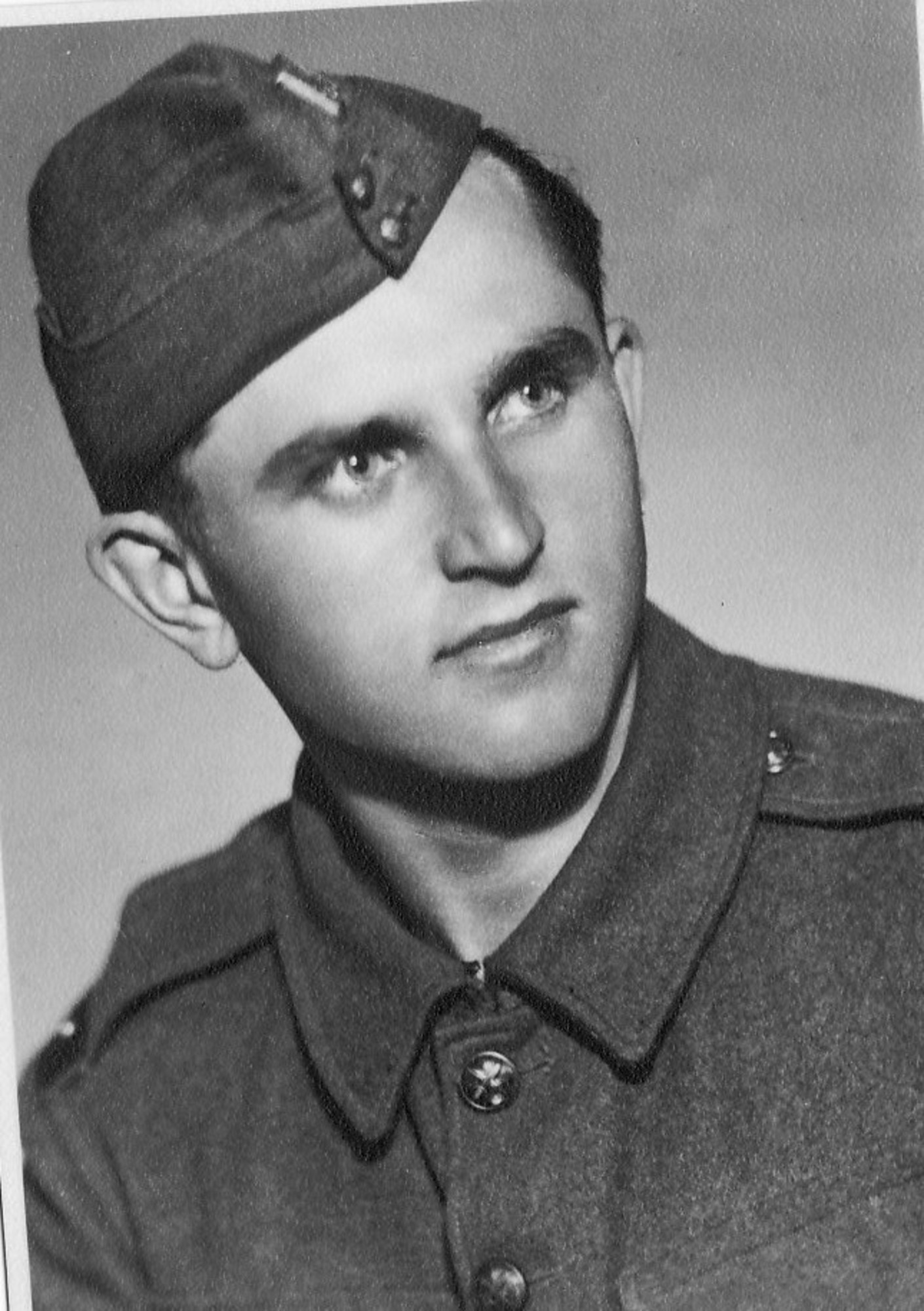I went to the kolkhoz rather than travelling several thousand miles to Siberia

Stáhnout obrázek
Jan Melnik was born in Ivačkov in Volynia on September 25th, 1921. The family moved to Krůtí Břeh in Zdolbice around 1930. Jan Melnik was forced to join the Red Army in 1944. He transferred to the Czechoslovak Independent Forces in the area of Poland. He then became a storeman, and was sent to a truck depot. He spent the end of the war in Turčanský Svatý Martin. He was sent to the Army Force Žatec after the war. He demobilized as a corporal in 1945. With his brother Vladimír he bought a farm in Věvrov in Domažlice region. Afterwards, he left the farm and joined the Czechoslovak Military Transport Brigade. His task was to accompany transports UNRRA to Czechoslovakia. He quit the service in 1946. He has changed jobs often in his life and now lives in Šumperk at present.









